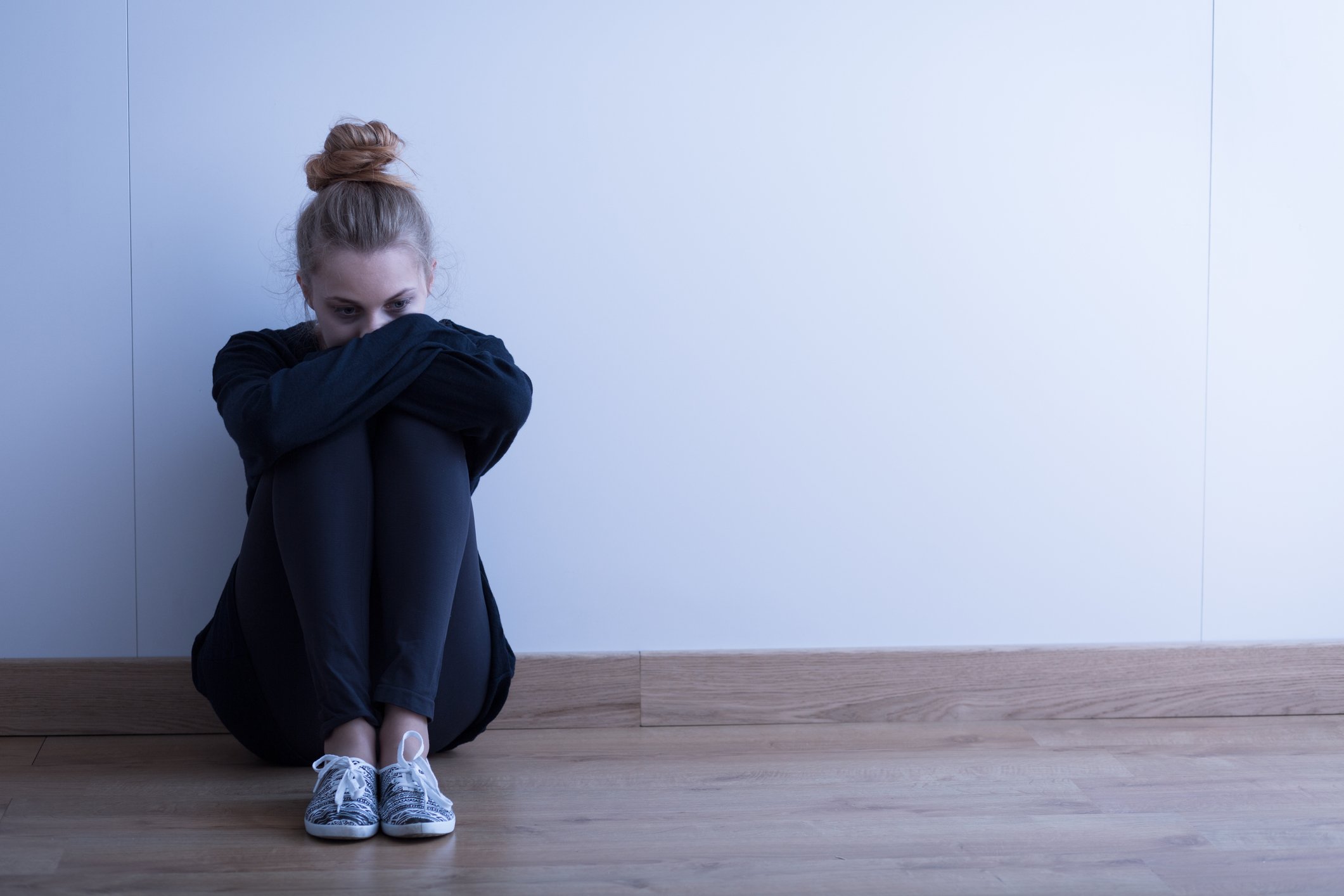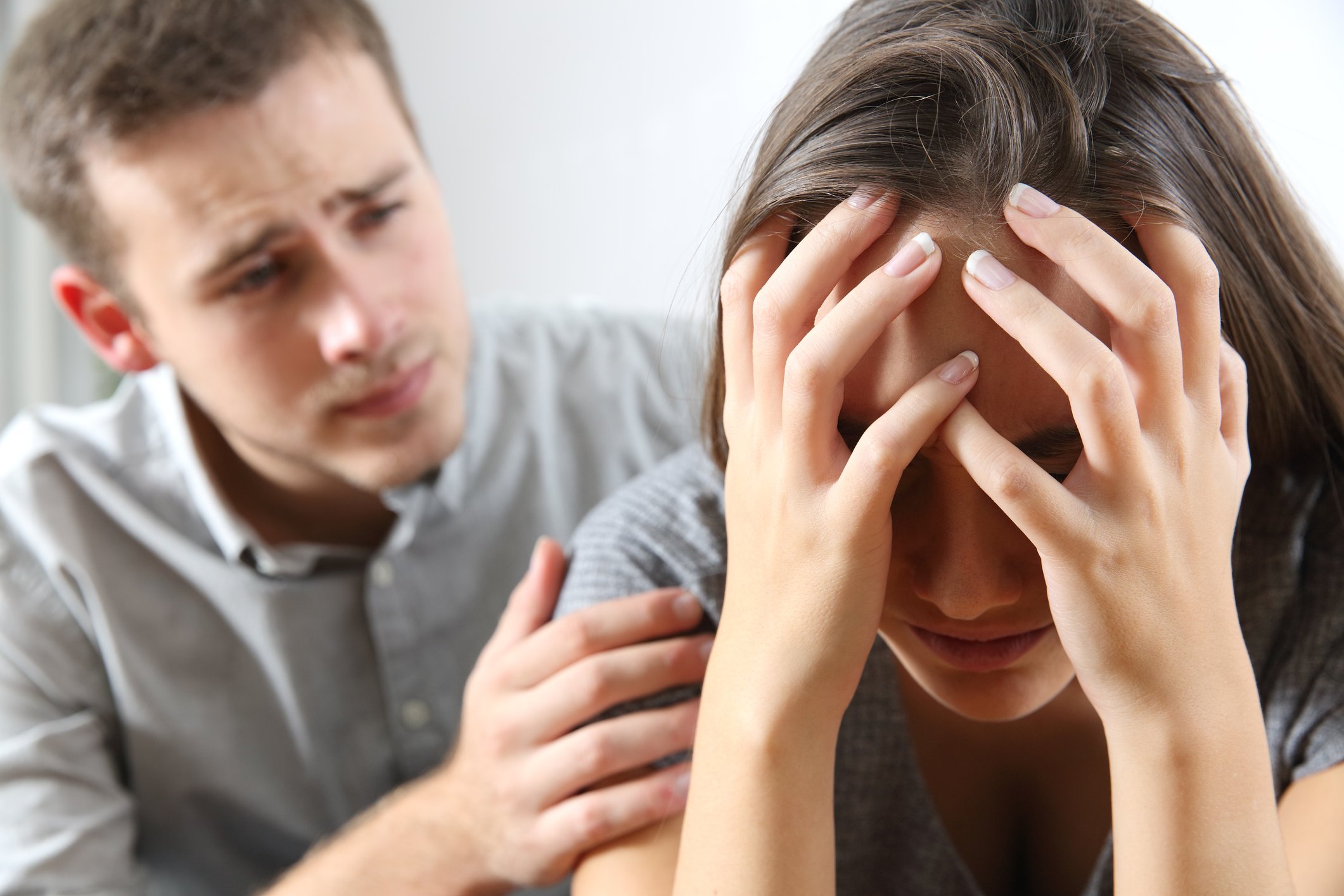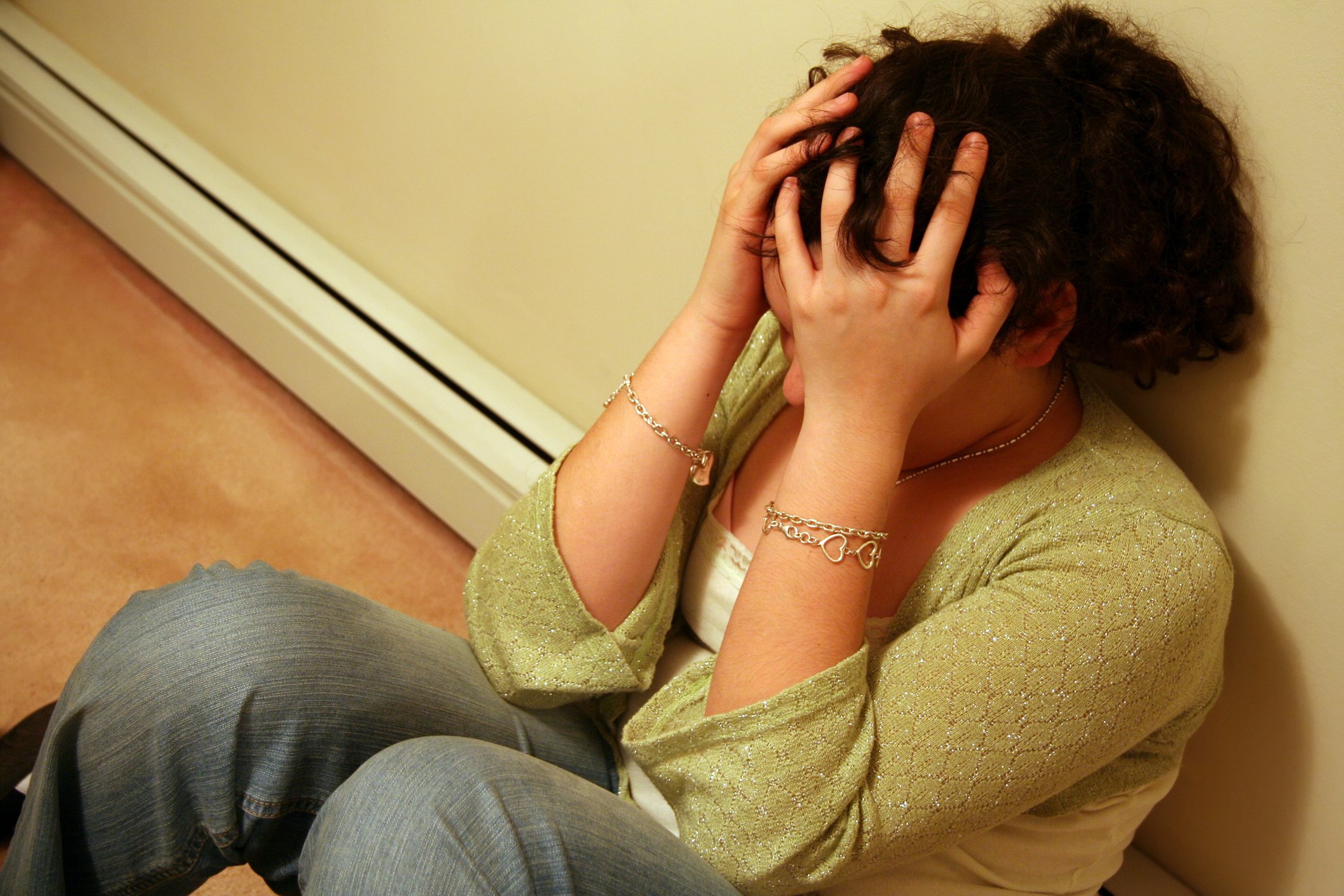What Depression Feels Like from the Inside
Introduction
Depression is one of the most misunderstood mental health conditions. From the outside, it might look like laziness, moodiness, or just “having a bad day.” But from the inside? It’s something entirely different.
This is what depression really feels like — not as a textbook definition, but as a lived experience. If you’ve ever felt empty, stuck, or quietly overwhelmed, you’re not alone. And if you’ve never been through it yourself, I hope this helps you understand it better.
It Feels Like Numbness Disguised as Exhaustion
Imagine waking up after 10 hours of sleep and still feeling like you’ve run a marathon. Your limbs feel heavy. Even brushing your teeth feels like a chore that might just have to wait.
It’s not just being tired. It’s a deep, emotional exhaustion — like you’re dragging around an invisible weight that no one else can see.
Sometimes, it’s not even sadness. It’s nothingness — a blank, foggy space where your emotions used to live.
“It’s not always sadness. It’s the absence of feeling. Like I’m walking through fog and everything’s muted.”
The Thoughts Are Loud, Even When You’re Quiet
Inside your head, depression can sound like:
“You’re not good enough.”
“What’s the point?”
“Everyone else is doing fine — why can’t you?”
These thoughts aren’t always dramatic. Sometimes they whisper, sometimes they scream. But they’re persistent, and over time, they wear you down. You might smile at school, laugh at a joke, or post something funny online — and still feel completely disconnected inside.
You Start to Feel Like a Burden
One of the worst parts of depression is the guilt. Guilt for cancelling plans. Guilt for not texting back. Guilt for feeling like this in the first place.
You don’t want to talk about it because you don’t want to be “that person.” So instead, you isolate — not because you don’t care, but because you’re scared that people will leave if they see the real you.
The truth is: you start to believe you’re hard to love. And that hurts more than anything.
People Don’t Always See It
From the outside, someone with depression might look like they have everything together. Good grades, a decent social life, maybe even a good sense of humour. But inside, there’s a constant battle just to get through the day.
That’s why it’s called an invisible illness. People say things like, “But you were fine yesterday,” or “Just stay positive,” not realising how unhelpful that sounds when your mind is working against you.
Small Things Can Feel Impossible
When you're depressed, simple tasks become huge mountains. Getting out of bed. Eating breakfast. Replying to a message. These are things most people do without thinking — but with depression, every action feels like a negotiation with your own energy.
Sometimes, you do nothing at all, and then feel worse for doing nothing.
It’s a cycle that feeds itself — and climbing out of it can feel impossible without help.
What Helps — Even Just a Little
There is no one-size-fits-all solution, but there are some things that do help you to cope:
Talking to someone — a friend, a therapist, even a journal. Saying the truth out loud matters.
Routine over motivation — doing small things daily, even when you don’t feel like it.
Self-compassion — not beating yourself up for struggling.
Medication and therapy — these are tools, not weaknesses.
Most importantly, stop trying to fix yourself overnight. Start trying to support yourself instead.
Final Thought
Depression lies. It tells you that you’re unworthy, that you’re failing, that you’re alone. But you are not broken — even if your brain tries to convince you otherwise.
What you feel is real. What you’re going through is valid. And there is help, even if it feels far away.
Sometimes, the bravest thing you can do is simply keep going.
FAQ’s
-
Common signs include persistent sadness, lack of energy, changes in sleep or appetite, loss of interest in things you used to enjoy, feeling worthless, or having trouble concentrating. If these symptoms last for more than two weeks, it may be depression.
-
Yes. This is sometimes called high-functioning depression. You may go to school, work, or socialize — but still feel low, empty, or mentally exhausted inside.
-
Try starting with something simple and honest like: “I’ve been feeling off lately, and I think it’s more than just a bad mood.” You don’t need the perfect words — just your truth.
-
Sometimes symptoms may ease over time, but it’s usually best not to wait. Reaching out for help early — whether through a trusted adult, GP, counselor, or helpline — can make recovery easier and quicker.
-
Let them know you’re there without pressure. You can say, “I’ve noticed you haven’t seemed yourself lately — I’m here if you want to talk.” Listen without judgment, and encourage them to speak to someone they trust.









